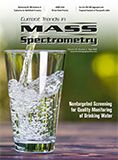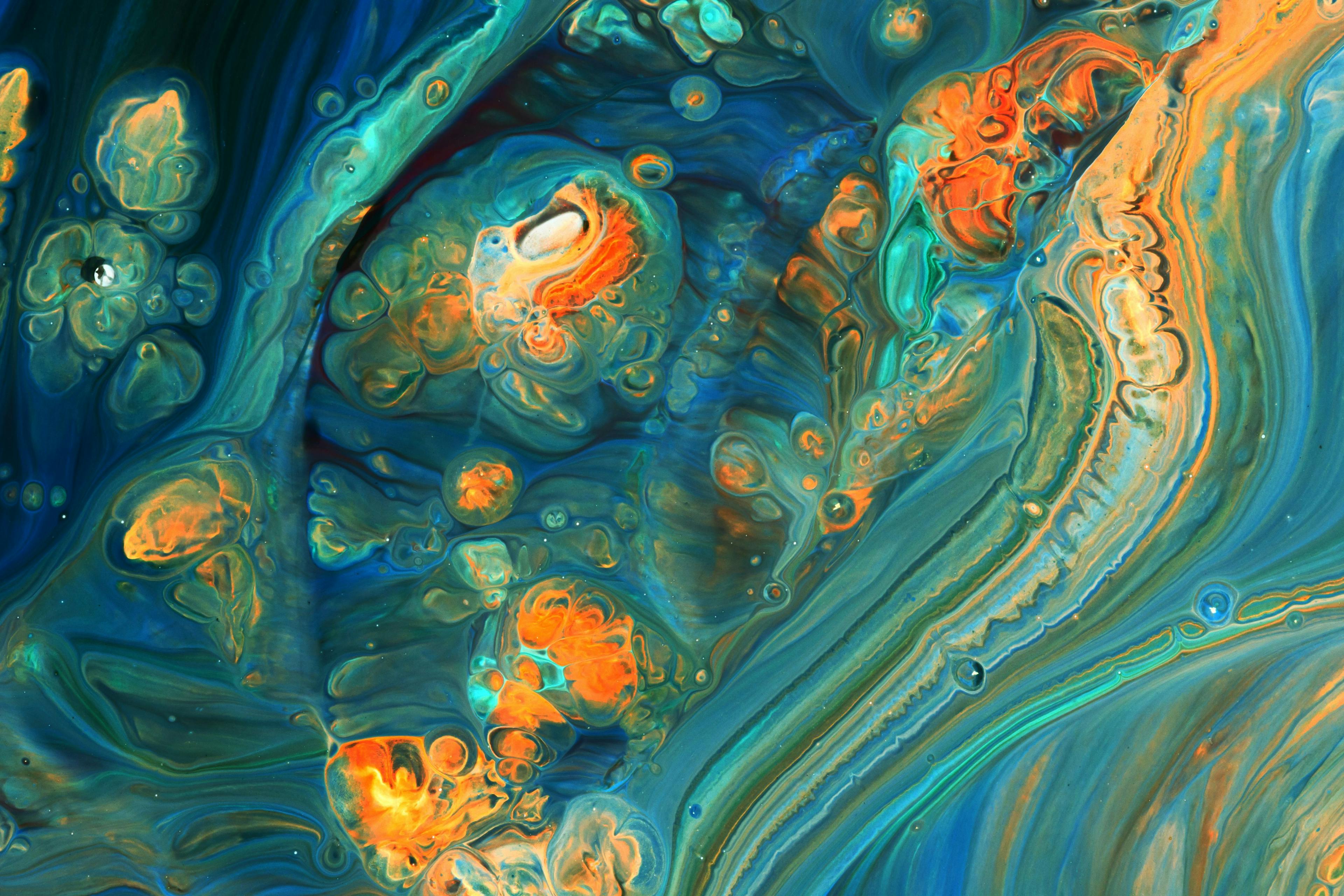The 2020 ASMS Conference Moved Online in the Face of the COVID-19 Pandemic
A preview of this year’s ASMS conference, in its new online format.
Faced with the COVID-19 pandemic, the American Society for • From 2:30 to 3:30 pm CDT, the Opening Plenary Lecture, “Mars Mass Spectrometry (ASMS) Board canceled the face-to-face ASMS Conference on Mass Spectrometry & Allied Topics, originally scheduled for May 31 to June 4 in Houston, Texas, and announced that they would shift the program to an on-line format.
“Although the program would be delivered in a new and different manner, we remain committed to hosting and sharing brilliant science for a re-imagined ASMS 2020,” Richard A. Yost, the ASMS president, said in a statement.
With the event redubbed “The ASMS 2020 Reboot,” talks and posters will be presented in a virtual and interactive format using the familiar online planner and mobile app tools used at the annual conference in past years, with a schedule as follows:
- On-demand videos of orals will begin on June 1.
- Poster PDFs and optional poster presentation videos will also begin on that date.
- Live webinars will be conducted for plenary lectures, tutorials, award lectures, and presentations, approximately 50 workshops, with live question-and-answer (Q&A) sessions for each of the planned 64 oral sessions, and the annual ASMS meeting (including board updates and additional award presentations.). These live webinars will be scheduled Monday–Friday, June 1–5 and June 8–12, from 10:00 am to 3:00 pm+ Central Daylight Time (CDT) on most of these days. Optional one hour Corporate Member activities will be held at start and end of each day.
- The live webinars will be in the format of a “watch party” of each oral session (6 talks) followed by live Q&A with speakers. Attendees may also watch the talks individually on-demand at any time beginning June 1, but still join any Q&A at the scheduled times during the week of June 8.
Highlights of the Conference are outlined below.
Monday, June 1
• Two tutorials will be conducted. From 12:30 to 1:15 pm CDT, “Single-Cell Mass Spectrometry” will be presented by Peter Nemes of the University of Maryland, College Park, and from 1:30 pm to 2:15, “Glycoprotein Analysis for Understanding Human Disease” will be presented by Heather Desaire of the University of Kansas.
• A special keynote lecture, “Is There Still Gender Bias in Academic Science (and Does It Matter)? What the Scientific Studies Say,” will be delivered by Corinne Moss-Racusin from Skidmore College from 1:30 to 2:15 pm CDT.
• From 2:30 to 3:30 pm CDT, the Opening Plenary Lecture, "Mars 2020,” will be delivered by Patricia M. Beauchamp, the Chief Technologist of the Engineering and Science Directorate, at the Jet Propulsion Laboratory of the California Institute of Technology.
• From 9:00 to 10:00 am and again from 3:00 to 4:00 pm CDT, there will be featured corporate member activities, including on- line seminars, product launches, and demonstrations
Tuesday, June 2
• The first 16 of 56 webinar-style workshops will be conducted by interest groups or independent organizers, in two sessions, with workshops 1–8 held concurrently from 10:00 to 11:30 am CDT, and workshops 9–16 held concurrently from 12:00 to 1:30 pm CDT. This schedule will continue with 16 workshops per day, Tuesday through Thursday, with 8 on Friday.
• From 1:45 to 3:15 CDT, The Al Yergey MS Scientist Award will be presented to Rachel Ogorzalek, a research biological chemist at UCLA. This will be followed by the Award Lecture for the John B. Fenn Distinguished Contribution in Mass Spectrometry Award, presented by Michael L. Gross, of Washington University in St. Louis, Missouri.
• Corporate events will be held 9:00–10:00 am and 3:15–4:15 pm.
Wednesday, June 3
• From 1:45 to 3:15 pm CDT, Research Awards will be presented to Jace Jones of the University of Maryland, Miklos Guttman of the University of Washington, and Ian K. Webb of Indiana University and Purdue University. Also, the Research at Primarily Undergraduate Institutions (PUIs) Award will be presented to Christine Hughey of James Madison University in Harrisonburg, Virginia, and the Biemann medal will be presented to Ying Ge, a Professor of Cell and Regenerative Biology and Chemistry at the University of Wisconsin at Madison.
• Workshops 17–24 and 25–32 will be held from 10:00 to 11:30 am and 12:00 to 1:30 pm CDT.
• Corporate events will be held 9:00–10:00 am and 3:15–4:15 pm.
Thursday, June 4
• From 2:00 to 3:30 pm CDT, awards for Postdoctorate Career Development will be presented to Juan Aristizabal Henao of the University of Florida in Gainesville, Florida, Wout Bittremieux of the University of California–San Diego, Kevin Clark of the Beck- man Institute for Advanced Science and Technology (part of the University of Illinois at Urbana-Champaign), Kelly Karch of the Ohio State University, and Lindsay Pino of the University of Pennsylvania. In addition, the Ron Hites Award for Outstanding JASMS Publication will be presented to Stephen J. Valentine of West Virginia University and his co-authors Samaneh Ghassabi Kondalaji and Mahdiar Khakinejad for their paper, “Comprehensive Peptide Ion Structure Studies Using Ion Mobility Techniques: Part 3. Relating Solution-Phase to Gas- Phase Structures.”
• Workshops 33–40 and 41–48 will be held from 10:00 to 11:30 am and 12:00 to 1:30 pm CDT.
Friday, June 5
• The ASMS plans a 4-hour virtual “exhibit hall” from 12:00 to 4:00 pm CDT. This will be a specific timeframe when the society encourages all registrants of the Reboot to peruse exhibitor listings in the mobile app or on-line planner. ASMS corporate members are encouraged to host their own chat room or event during this period. Registrants can look for links within each Corporate Member or Exhibitor listing in the mobile app or on-line planner.
Monday, June 8–Thursday, June 11
• From Monday through Thursday of the second week of the conference, two groups of oral sessions (eight sessions conducted in parallel in each) will be conducted from 10:00 am to 12 noon and from 1:15 to 3:15 pm CDT.
• These oral presentations will be followed by live Q&A periods from 12:15 pm to 1:00 pm and 3:30 to 4:15 pm, respectively, with one Q&A period covering the six talks in each oral session. Registrants may submit questions via the on-line planner or mobile app. Attendees may also watch the talks individually on-demand at any time beginning June 1, but still join any Q&A at the scheduled times during the week of June 8.
Friday, June 12
• From 10:00 to 11:00 am CDT, Stephen Brusatte of the University of Edinburgh will give the closing plenary lecture, “New Dinosaur Discoveries.”
The deadline to register is May 22. The society hopes to offer late registration at increased fees, but, as we go to press, they are not certain that this will be an option. On-demand content will remain available to registrants through August 31.
More information, including on-line event schedules, can be found at https:// asms.org/conferences/asms-2020-reboot.
John Chasse is the Managing Editor of Spectroscopy and LCGC North America. Direct correspondence to JChasse@MJHLifeSciences. com.

Determining Enhanced Sensitivity to Odors due to Anxiety-Associated Chemosignals with GC
May 8th 2025Based on their hypothesis that smelling anxiety chemosignals can, like visual anxiety induction, lead to an increase in odor sensitivity, a joint study between the University of Erlangen-Nuremberg (Erlangen, Germany) and the Fraunhofer Institute for Process Engineering and Packaging (Freising, Germany) combined behavioral experiments, odor profile analysis by a trained panel, and instrumental analysis of odorants (gas chromatography-olfactometry) and volatiles (gas chromatography-mass spectrometry).
Investigating 3D-Printable Stationary Phases in Liquid Chromatography
May 7th 20253D printing technology has potential in chromatography, but a major challenge is developing materials with both high porosity and robust mechanical properties. Recently, scientists compared the separation performances of eight different 3D printable stationary phases.
Detecting Hyper-Fast Chromatographic Peaks Using Ion Mobility Spectrometry
May 6th 2025Ion mobility spectrometers can detect trace compounds quickly, though they can face various issues with detecting certain peaks. University of Hannover scientists created a new system for resolving hyper-fast gas chromatography (GC) peaks.

.png&w=3840&q=75)

.png&w=3840&q=75)



.png&w=3840&q=75)



.png&w=3840&q=75)







